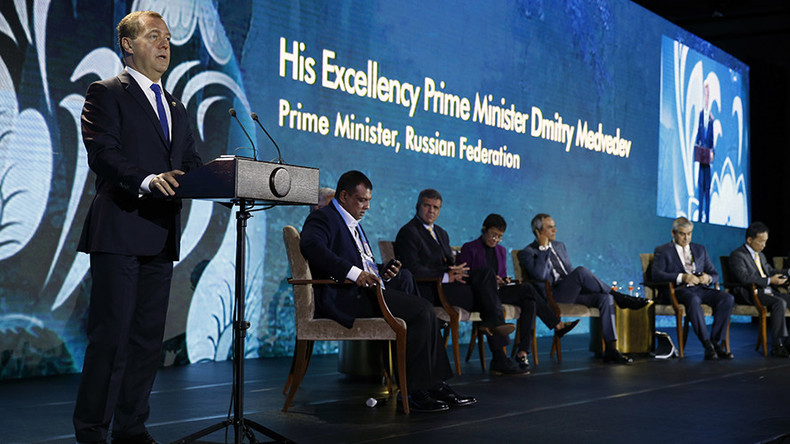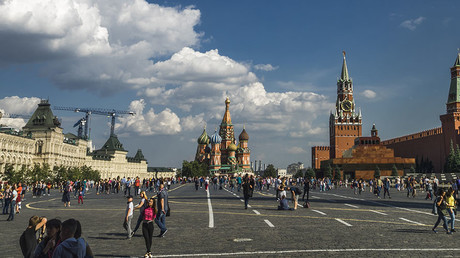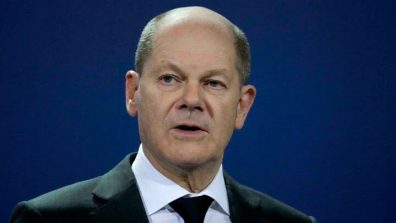Medvedev accuses West of using sanctions as unfair competition tool

“Despite the booming development of electronic commerce and digital technologies, the regulation in the sphere of international trade still exists in its old framework, in the 40-year-old paradigm, and raw materials markets remain unstable,” Medvedev said at the ASEAN-2017 summit.
“Methods of the so-called protectionism are being used more frequently and economic sanctions become just a competition tool,” the Russian PM noted. He also stated that the trade turnover between Russia and ASEAN nations had the potential for a many-fold increase, and noted that the sides were not using all possible opportunities to achieve this.
In August this year, US President Donald Trump signed a bill imposing new sanctions on Russia – and also Iran and North Korea – simultaneously stating that the motion was “seriously flawed” and blasting the US Congress for applying pressure to see the bill signed into law. In reply, Medvedev blasted the motion as a declaration of a fully-fledged economic war, adding that barring a miracle, the law would have a decades-long negative effect on Russia-US relations.
Also in August, Russian state-run pollster VTSIOM released research according to which 48 percent of the Russian public expected the new restrictions to cause no changes in Russia’s policies or its relations with foreign nations. A little under a third – 28 percent – said that the consequences of the sanctions could be negative, and 9 percent believed that Russia would actually benefit from them.
When asked about the effect of sanctions on the everyday lives of ordinary Russians, 79 percent said that they could not feel any consequences. Eighteen percent said that they felt the sanctions’ impact in the form of price hikes, unemployment, devaluation of the national currency and problems with getting entry visas to foreign countries. Seventy-two percent of participants said that the Russian authorities should not push for the cancelation of the sanctions as they would be lifted in due time.










